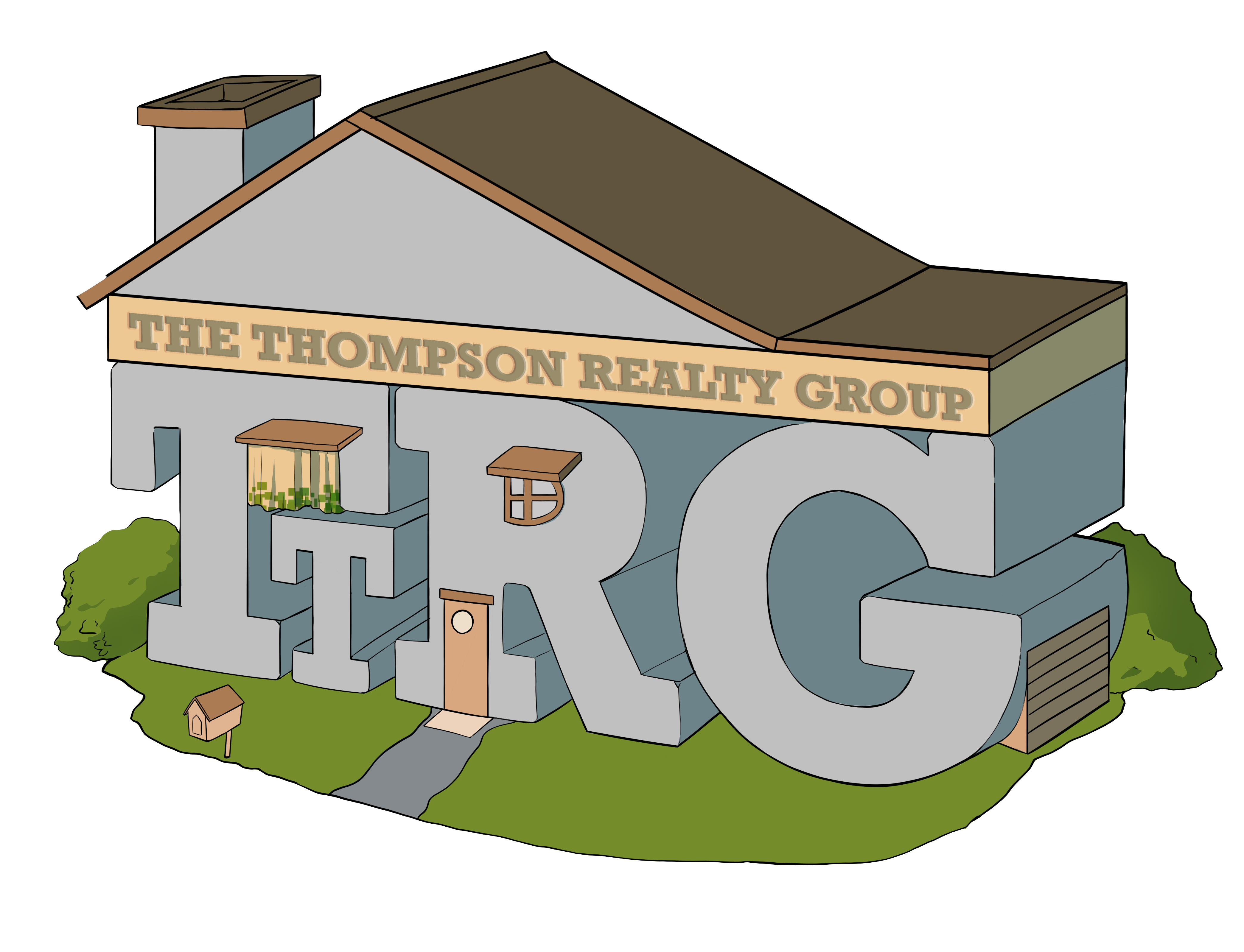First-Time Homebuyer Guide
Embarking on the journey to homeownership is both exciting and challenging, especially for first-time buyers. This comprehensive guide will walk you through the essential steps, from financial preparation to closing the deal, ensuring a smooth transition to owning your first home.
1. Assess Your Financial Readiness
-
Budgeting and Saving: Evaluate your current financial situation by creating a detailed budget that accounts for your income, expenses, and savings goals. Identify areas where you can reduce spending to allocate more towards your down payment and future homeownership costs.
Credit Score: A strong credit score can secure better mortgage rates. Review your credit reports for accuracy and take steps to improve your score by paying down debts and avoiding new credit inquiries.
2. Understand Mortgage Options
-
Types of Mortgages: Familiarize yourself with various mortgage products, such as fixed-rate, adjustable-rate, FHA, and VA loans, to determine which aligns best with your financial situation and long-term goals.
-
Pre-Approval: Obtaining a mortgage pre-approval gives you a clear understanding of your purchasing power and demonstrates to sellers that you're a serious buyer.
3. Partner with a Real Estate Professional
- Finding an Agent: Engage a licensed real estate agent who understands your needs and the local market. They will guide you through the process, from house hunting to negotiating offers.
4. House Hunting
-
Needs vs. Wants: List your essential requirements (e.g., number of bedrooms, location) and desired features to streamline your search and focus on properties that meet your criteria.
-
Market Research: Stay informed about current market conditions, including property values and availability, to make educated decisions during your search.
5. Making an Offer and Closing
-
Home Inspection: Before finalizing your purchase, conduct a thorough home inspection to identify any potential issues that may require attention or affect the property's value.
-
Closing Costs: Be prepared for additional expenses, such as appraisal fees, title insurance, and other closing costs. Understanding these fees will help you budget effectively and avoid surprises at closing.
6. Post-Purchase Considerations
-
Home Maintenance: Regular maintenance is crucial to preserving your home's value and ensuring a safe living environment. Create a maintenance schedule and budget for ongoing upkeep.
-
Financial Planning: Continue to manage your finances responsibly by budgeting for mortgage payments, property taxes, insurance, and unexpected repairs. Maintaining an emergency fund can provide a financial safety net for unforeseen expenses.
By following this guide and seeking professional advice when needed, you'll be well-equipped to navigate the complexities of buying your first home and enjoy the rewards of homeownership.
Recent Posts










